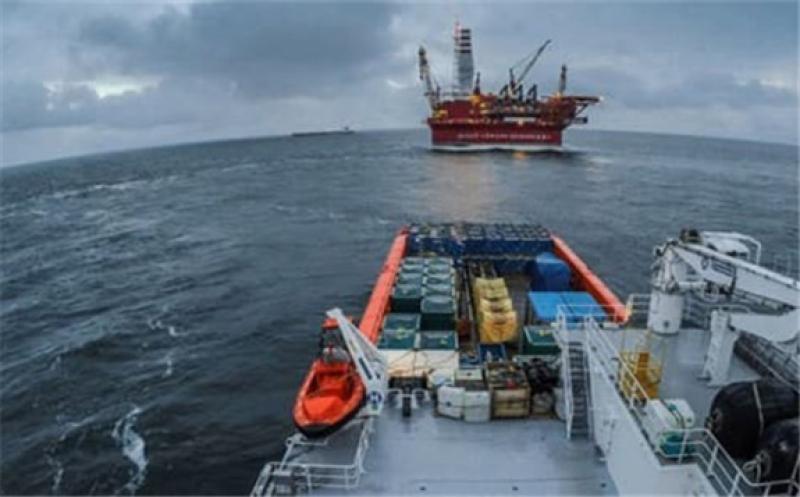Russia's oil sector has been at the center of virtually all developments in its modern history. Imperial Russia already produced oil in the early days of the industry from the iconic fields on the shores of the Caspian in present-day Baku, Azerbaijan. More recently, oil and gas sales provided funding for the reconstruction of the country after the collapse of the Soviet Union. Therefore, the continuation of the sector is essential for Moscow’s strategy to maintain its position as a major power. The Arctic is at the center of its plans, but the COVID-19 crisis could be a game-changer.

The production of oil and gas has gradually moved to the north when the capacity of the Caspian proved insufficient. The discovery of massive oil fields in Western Siberia in the sixties and seventies increased Russia’s capacity. An elaborate pipeline infrastructure was constructed to reap the benefits of Siberia and the Caspian. Russia’s Arctic region, however, doesn’t have the same level of development.
Most fields are quite mature, meaning the long-term potential for production is low. The Arctic, however, is a promising region that contains significant reserves according to geologists. Approximately 5.9 percent of the world’s yet to be discovered oil and a whopping 24.3 percent of gas are potentially located in the north. Russia could see a doubling of proves reserves for both oil and gas.
Considering the level of maturity of most of Russia’s major fields, the Arctic is of vital importance. At the beginning of March, the Kremlin announced its decree to develop the north called “The basics of state policy of the Russian Federation in the Arctic for the period until 2035”. It contains Moscow’s strategy to exploit the potential of the region. While the energy industry is at its heart, the plan also includes other parts of the economy that could lead to tens of thousands of jobs along the Northern Sea Route.
Production in the Arctic is relatively expensive and technologically demanding due to its remoteness and harsh conditions. Furthermore, the absence of existing pipeline infrastructure increases the cost even further. Russia's oil and gas sector was hit hard by Western sanctions after it annexed Crimea. Several locations that were being developed by Western companies such as Exxon were shelved which delayed the projects.
Under the new 15-year strategy at least 40 Arctic vessels will be ordered, four regional airports upgraded, and additional railways and seaports constructed. A significant part will be funded by Moscow that will focus on public infrastructure. Energy companies are incentivized to invest by tax-breaks. According to government estimates, the measures could lead to €216 billion investments in the Russian Arctic zone until 2035. This was the case before the COVID-19 crisis.
Western sanctions have increased Russia’s dependence on Chinese financing. Close political relations between Moscow and Beijing benefit the joint development of the Arctic. Novatek’s flagship Yamal LNG project was finished because of Chinese financial support. The Russians sent the first cargo to China, free of charge, as a token of gratitude. The de facto alliance is unsettling the U.S. as it increases Beijing's presence near American shores and provides well-needed funding to Moscow’s ambitions.
Although Russia’s intentions in the Arctic are well reported, the timing of the official strategy couldn’t have come at a worse moment just before the COVID-19 pandemic. The uncertainty created by the crisis could have a lasting effect on the global oil and gas industry. Already the pandemic has wiped-out approximately 20 million barrels of demand until March which could increase even further in the coming months. Also, the gas industry is strongly affected as consumption has decreased dramatically.
The unprecedented situation has delayed projects and investors are reconsidering certain decisions. This is particularly the case for Arctic projects with high breakeven costs. Large and complex energy projects are not only money guzzlers, but also have a long lead time to start production. Therefore, early decision making is necessary for Russia to supplement falling production from its aging brownfields in primarily Western Siberia.